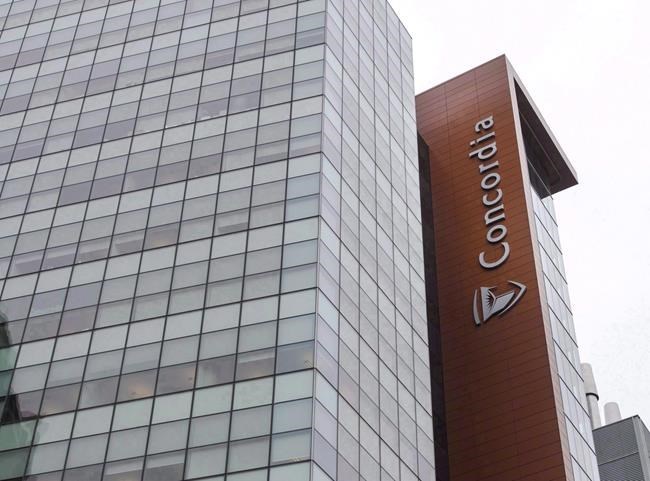MONTREAL — Concordia University says it has modified information provided to students in an art history course after one student said he was surprised to discover the professor delivering the video lectures had died in 2019.
Aaron Ansuini, a student at the Montreal university, wrote in a series of recent posts on Twitter that he enjoyed the lectures by Francois-Marc Gagnon, who he assumed was the professor of his online art history class.
Ansuini wrote that he searched for Gagnon's email address in order to ask the professor a question but instead found an obituary.
While Ansuini described the course as "great" and praised Gagnon's lectures, he wrote that he was sad that he couldn't thank the professor for making the material "engaging and accessible" or ask him questions.
University spokeswoman Vannina Maestracci said that the course listing as well as communications with students made it clear that the course — which had been taught by Gagnon — now had a different instructor.
That instructor and two teaching assistants "are the ones interacting with students and grading assessments," she wrote.
"We, of course, regret that this student felt they had not been clearly informed and have updated Dr. Gagnon’s biography in the course information provided to registered students," she wrote in an email.
Maestracci said the video lectures are used as a "teaching tool," comparing them to the textbooks used in other classes.
While all classes at the university have moved online as a result of the COVID-19 pandemic, the art history class was offered through eConcordia, a pre-existing platform for online courses.
Marco Deyasi, the professor who is the current instructor for the course, called Gagnon "a giant in his scholarly field and such a passionate teacher that, even after he retired, he worked with eConcordia to create online courses to share his love of art with a new generation of students."
Deyasi said his role is to help "students learn from the pre-recorded material by giving them individualized feedback on their written work."
Gagnon's son, Yakir Gagnon, said the university has been apologetic and that, as an academic himself, he understands that "these kind of things happen at the university, and it's never evil or anything, it's just a question of allocating resources and time."
There is a bigger issue about intellectual property and who owns work produced by people who have died, said Gagnon, who studies functional biology at Lund University in Sweden.
But he said his father "wouldn't be upset, and he wouldn't be preoccupied with that. He'd only be happy that so many students are still profiting from his teachings."
Gagnon's widow, Pnina C. Gagnon, said that with a book upcoming on her late husband's work and a virtual exhibition of Jean-Paul Riopelle's work at a Montreal museum dedicated to Gagnon — who wrote a book about the Quebec artist — more people will realize he is no longer alive.
"It is strange indeed how some people's death is not final and their presence continues," she wrote in an email.
This report by The Canadian Press was first published Jan. 28, 2021.
———
This story was produced with the financial assistance of the Facebook and Canadian Press News Fellowship.
Jacob Serebrin, The Canadian Press



